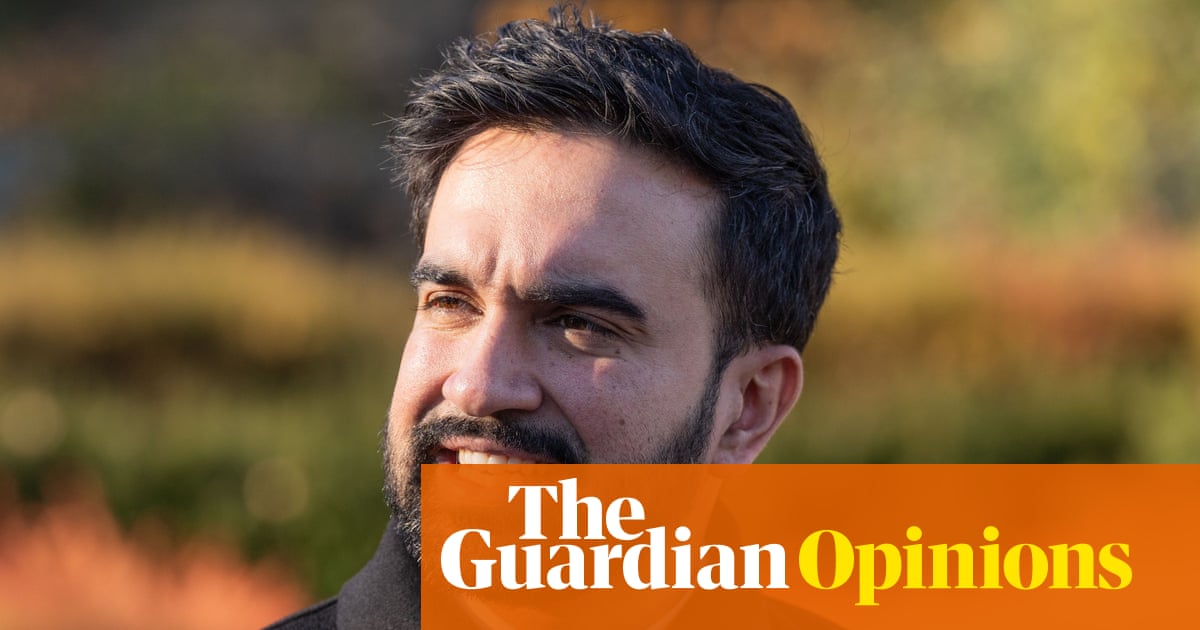ARLINGTON, Va. (AP) — Not everyone who voted in Northern Virginia in Tuesday’s election has felt the impact of President Donald Trump's efforts to reshape the federal government, but even many who haven't said they have colleagues or neighbors who are dealing with the consequences.
"I’ve seen so many federal families lose their jobs, lose their income, lose their certainty here,” said Karina Valdez, who voted at the Barcroft Sports & Fitness Center in Arlington.
Valdez, a 40-year-old mom who works at an elementary school, said she voted for Democratic candidates across the ballot, adding her voice to a Democratic sweep of all statewide offices in the commonwealth that sent a blistering message to President Donald Trump and his party.
Abigail Spanberger, elected as the state's first female governor, ran on a promise to protect Virginia’s economy from the aggressive tactics of Trump’s second administration, which has culled the civil service, levied tariffs and shepherded a reconciliation bill curtailing the state’s already fragile health care system.
An Associated Press analysis of Spanberger’s double-digit victory over Republican Lt. Gov. Winsome-Earle Sears showed a dramatic swing toward Democrats from four years ago, when Republican Glenn Youngkin won the state’s top office, and from last November, when Democrat Kamala Harris won Virginia by less than 6 percentage points in the presidential race.
The 2025 AP Voter Poll, an expansive survey of Tuesday's electorate, found that voters with a federal government worker or contractor in their household were likelier than other households to support Spanberger, while a majority of Virginia voters said their family's finances have been at least “a little” affected by federal government cuts under Trump.
Republicans acknowledge the blowback
Even Youngkin acknowledged that the federal government shutdown fueled “quite a turnout yesterday.”
“People are going without paychecks. They’re worried about mortgages and rents,” he told reporters in Richmond on Wednesday. “They’re worried about how they’re going to feed their families. The challenge of this government shutdown is real, and I am incredibly understanding of that challenge for all Virginians. And I think it is, I think it caused quite, quite a turnout yesterday.”
Democratic House Speaker Don Scott said the election was about more than federal jobs. He noted that Democrats picked up roughly a dozen seats in Virginia's 100-member House of Delegates on Tuesday — securing the party’s largest majority in three decades.
“We saw a little wave, but we didn’t see this doggone tsunami," he said.
Trump himself acknowledged the effects in his first public appearance since Democrats swept governors' races in Virginia and New Jersey, won the New York mayor’s race, flipped two Public Service Commission seats in Georgia and won voter approval to redraw California’s congressional district map to combat the president’s partisan gerrymandering push elsewhere.
Speaking at the White House on Wednesday to Republican U.S. senators, Trump called the shutdown “a big factor, negative” in the shellacking, and he urged lawmakers to end it.
Trump did not push for yielding to Democrats’ demands to extend premium subsidies for Affordable Care Act health insurance customers. He urged Republican leaders to end the Senate filibuster so they won’t need any Democratic votes to approve spending measures — or anything else — as long as the GOP retains its majority.
That may not be enough to appease some Virginia voters. Some Spanberger supporters on Tuesday made clear they blame Republicans in Washington, given GOP control of the White House and Capitol Hill.
“They have the majority and they should be able to get something done,” Sherry Kohan, a 56-year-old accountant, said at her Arlington polling place, where the former Republican voted for Spanberger.
Voters said they feel and see the effects
Paul Capetanakis, a 37-year-old restaurant owner, cited the ripple effects of Trump’s National Guard deployment in the nation’s capital, the shutdown and price hikes when explaining his votes for Spanberger and other Democrats.
“I lost probably $300,000 from the previous year,” he said, comparing this year’s receipts with 2024. "I’m still doing okay, but I could be doing much better.”
Tuesday’s voter poll found that about 6 in 10 Virginia voters reported that their family’s finances had been affected “a lot” or “a little” by federal government cuts this year. About two-thirds of those voters supported Spanberger, while about 6 in 10 voters who said they hadn’t been affected by the cuts supported Winsome Earle-Sears, the Republican nominee.
About two-thirds of voters who live in a household with a current federal employee or contractor voted for Spanberger, compared with just over half of voters in households without a family member who works for the government.
Alonzie Scott, who voted early in Arlington, said he retired in September from the Office of Naval Research in disagreement with new performance plans that would require him to “faithfully execute the president’s agenda.”
“When I saw that, I told my bosses back then that I was going to retire,” Scott said. “I’ve been working for 40 years, and it was just time to walk out the door.”
Scott said he’d like to see the nation go down a better path and plans to volunteer with local politics as soon as he’s able.
Northern Virginia swings to Democrats
The swing toward Democrats was especially strong in Northern Virginia, near Washington, D.C, where many federal workers live.
Four years ago, Democratic gubernatorial nominee Terry McAuliffe led suburban-exurban Loudoun County in 2021 by 11 points. Harris outpaced Trump there by 16 points. Spanberger’s margin Tuesday was about 29 points.
In Fairfax County, McAuliffe led by 30, Harris by 35 and Spanberger by 47. In Prince William, Spanberger nearly doubled Democrats’ 2024 margin, leading the county by 34 points compared with 18 for Harris. McAuliffe led Youngkin there by 15 points.
In southwest Virginia, meanwhile, a more rural, heavily Republican area with a smaller federal government footprint, Spanberger gained ground but typically by single digits.
Rebecca Wolfinger, a 49-year-old health care worker, said the shutdown fallout was a key issue for her.
“Everything that’s been going on with the federal government and people losing jobs all over Arlington and other places in Virginia affected my vote a lot,” she said. “I felt like the Republican candidate didn’t show a lot of concern for people losing their jobs,” she said.
__
Barrow reported from Washington. Diaz reported from Richmond. Associated Press reporters Josh Boak and Will Weissert contributed from Washington.

 German (DE)
German (DE)  English (US)
English (US)  Spanish (ES)
Spanish (ES)  French (FR)
French (FR)  Hindi (IN)
Hindi (IN)  Italian (IT)
Italian (IT)  Russian (RU)
Russian (RU) 























Comments